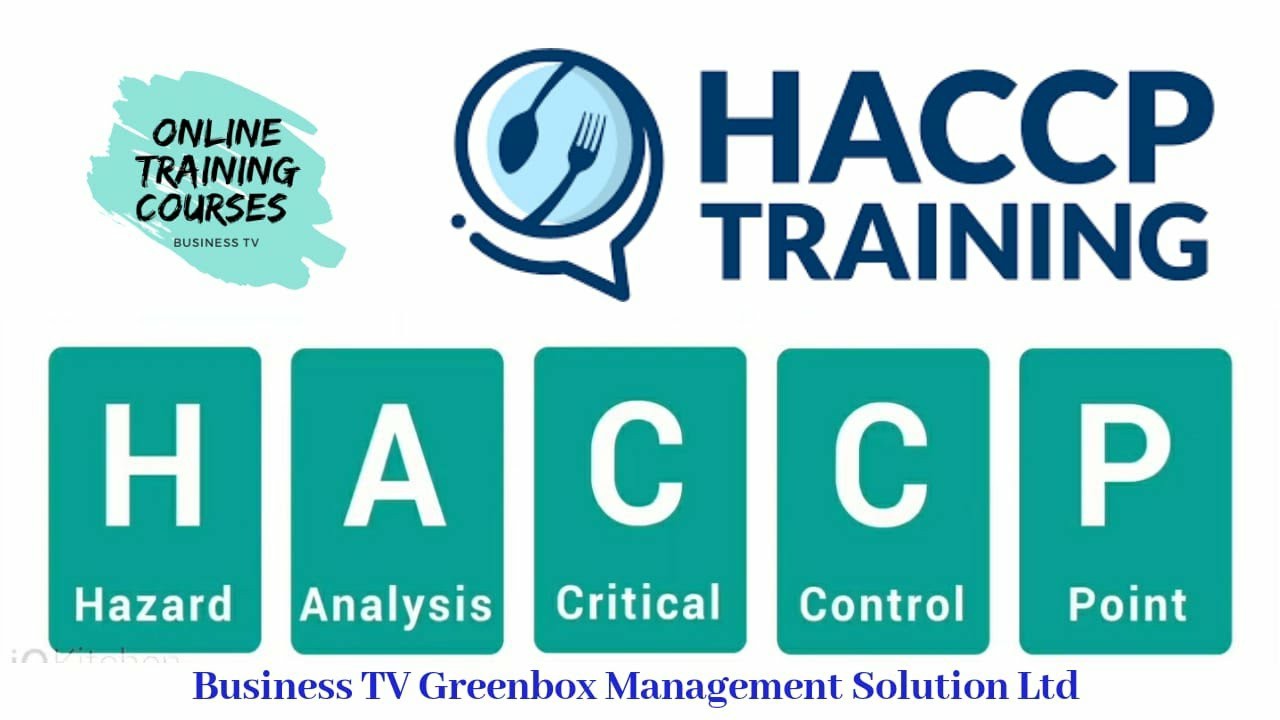Introduction: The Importance of HACCP Certification for Food Safety Compliance
In today's dynamic food industry, ensuring food safety is more crucial than ever. Businesses across Ireland, particularly in major cities like Dublin, Cork, Galway, Limerick, Waterford, and Belfast, are increasingly turning to HACCP certification as a strategic approach to meet regulatory standards and protect public health.
What is HACCP? Understanding Its Role in Food Hygiene & Risk Management
HACCP, or Hazard Analysis Critical Control Point, is an internationally recognized system for reducing the risk of safety hazards in food. It primarily emphasizes preventative measures over reliance on end-product testing. The principles of HACCP involve:
- Conducting a hazard analysis: Identifying potential hazards that could compromise food safety.
- Determining critical control points (CCPs): Identifying points in the process where hazards can be controlled or eliminated.
- Establishing critical limits: Defining measurable limits (like temperature) at each CCP.
- Monitoring procedures: Implementing strategies to monitor CCPs.
- Corrective actions: Establishing procedures to be followed when monitoring indicates a deviation from a critical limit.
- Verification procedures: Ensuring that the system works effectively.
- Record-keeping: Maintaining detailed records of HACCP-related activities.
HACCP Training Benefits: How It Ensures Food Safety Standards in Ireland
HACCP training equips food industry professionals with the knowledge necessary to develop and implement effective food safety management systems. Benefits of HACCP training include:
- Compliance with Regulations: HACCP training helps businesses comply with Irish and EU food safety regulations.
- Risk Management: Understanding and managing risks associated with food safety.
- Enhanced Food Hygiene: Promoting best practices in food handling and hygiene.
- Improved Customer Trust: Demonstrates commitment to food safety, enhancing brand reputation.
- Cost Savings: Preventing food contamination can save businesses from potential recalls and lawsuits.
Step-by-Step Guide to Getting HACCP Certification for Your Business
Obtaining HACCP certification involves several key steps:
- Assess Your Needs: Determine the type of HACCP training required for your business.
- Enroll in a Training Course: Look for accredited HACCP training courses available online or in-person.
- Develop HACCP Plans: Based on training, create comprehensive HACCP plans tailored to your operations.
- Implement Procedures: Put in place monitoring and corrective actions.
- Review & Maintain Records: Ensure documentation of all HACCP activities is kept up-to-date.
- Conduct Regular Audits: Regularly assess your HACCP system to ensure effectiveness and compliance.
Comparing Online vs. In-Person HACCP Training Courses
With the rise of digital learning, many food business professionals are faced with the choice of online or in-person HACCP training. Here are some considerations:
- Flexibility: Online courses offer the convenience of self-paced learning.
- Cost-Effectiveness: Often, online training is more affordable due to reduced overhead costs.
- Interactive Components: In-person training can provide hands-on experience and direct interactions with experts.
Common HACCP Violations and How to Prevent Them
Understanding common violations can help businesses avoid pitfalls. Some common issues include:
- Lack of proper documentation.
- Not implementing corrective actions adequately.
- Failure to conduct regular and thorough audits.
Preventing these issues requires ongoing training, monitoring, and a commitment to food safety best practices.
How HACCP Compliance Strengthens Business Reputation and Customer Trust
Customer confidence is built on the assurance that food safety measures are in place. Achieving HACCP compliance not only protects consumers but also establishes a strong reputation in the food industry, crucial for retaining customers and attracting new business.
How to Conduct a HACCP Audit for Your Business
Regular HACCP audits are essential for ensuring compliance and identifying areas for improvement. Key steps include:
- Reviewing HACCP plans and records.
- Conducting inspections of processing areas.
- Interviewing staff to assess their knowledge of HACCP procedures.
Conclusion & Call to Action
In conclusion, HACCP certification is vital for any food business operating in Ireland's vibrant cities. Whether you’re a restaurant owner in Dublin or a caterer in Cork, investing in HACCP training not only ensures compliance with food safety standards but also fosters a culture of hygiene and quality.
Ready to enhance your food safety practices? Enroll in our HACCP training courses today and ensure your business meets the highest safety standards!



 349,500 Offered Certificates
349,500 Offered Certificates
 24/7 Online Training
24/7 Online Training
 Money Back Guarantee
Money Back Guarantee
 Fully Accredited Courses
Fully Accredited Courses
